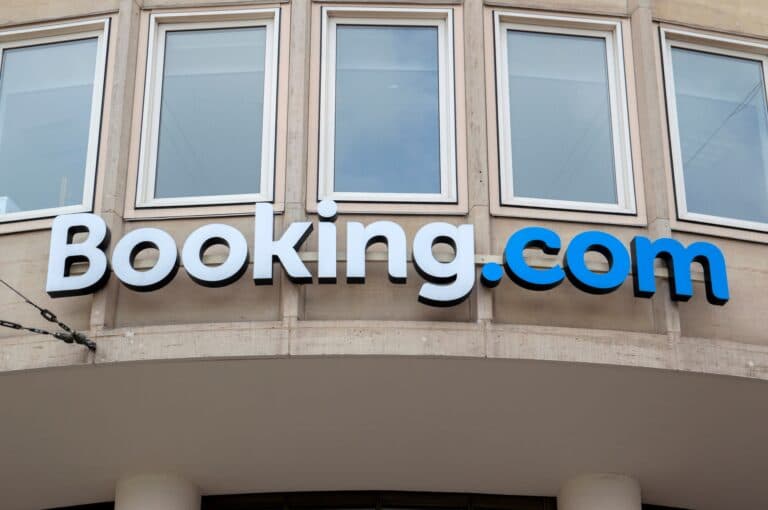
Hotels Launch Class Action Against Booking.com over ‘Abusive’ Practices
Suit alleges the online travel platform used its dominant market position to distort competition over a 20-year period.
More than 10,000 hotels across Europe have joined a class-action lawsuit against Booking.com, accusing the online travel giant of using its dominant market position to distort competition and squeeze margins over a 20-year period.
The legal action, led by the Association of Hotels, Restaurants and Cafes in Europe (Hotrec), represents one of the largest collective cases in the European hospitality sector. Hotrec, which recently extended the registration deadline to August 29 due to strong interest, is backed by 30 national hotel associations, including the UK’s.
According to Hotrec, Booking.com’s “best price” -- or parity -- clauses forced hotels to offer the same or lower rates on its platform than on any other sales channel, including their own websites. The association claims these clauses were imposed under intense pressure, preventing hotels from offering direct-booking discounts and blocking customers from avoiding Booking.com’s commissions.
Hotrec says the case, to be heard in Amsterdam, follows a 2024 European Court of Justice ruling that found the parity clauses fell under EU competition law and could breach it. The lawsuit seeks damages for the period from 2004 to 2024, when Booking.com dropped the clauses to comply with the EU Digital Markets Act.
“European hoteliers have long suffered from unfair conditions and excessive costs. Now is the time to stand together and demand redress,” said Hotrec president Alexandros Vassilikos, denouncing what he called “abusive practices in the digital market”.
Booking.com rejected the allegations in an emailed statement, calling Hotrec’s claims “incorrect and misleading” and noting it had not been formally notified of a lawsuit. It argued the ECJ ruling did not declare the parity clauses anti-competitive, but only that they should be assessed case by case.
The company maintained that its past parity clauses fostered competitive pricing, citing a poll showing 74 per cent of hoteliers believed Booking.com boosted profitability through higher occupancy and lower customer acquisition costs.
However, industry figures say the platform’s growing dominance has come at a cost. “As they gained control of the market, Booking was able to increase its commission rates and put much greater pressure on hotel margins,” said Véronique Siegel, head of the hotels division at French hospitality association Umih. “For a room priced at €100, the hotelier receives at best €75 after Booking’s commission -- from which they must pay staff and reinvest.”
Despite widespread frustration, many hotels remain reliant on the site’s unmatched reach. Hotrec research found that Booking Holdings controlled 71 per cent of Europe’s online hotel booking market in 2024, up from 68.4 per cent in 2019.
Valued at $170 billion -- triple the worth of Volkswagen -- the company is seen by some experts as a textbook case of a digital platform dominating an entire sector. Rupprecht Podszun, head of the Institute for Competition Law at Heinrich Heine University in Düsseldorf, described the lawsuit as “a revolt of the hotels” but warned the case could be lengthy and hinge on the complex question of quantifying damages.
For any enquiries please fill out this form, or contact info@thelawreporters.com Follow The Law Reporters on WhatsApp Channels